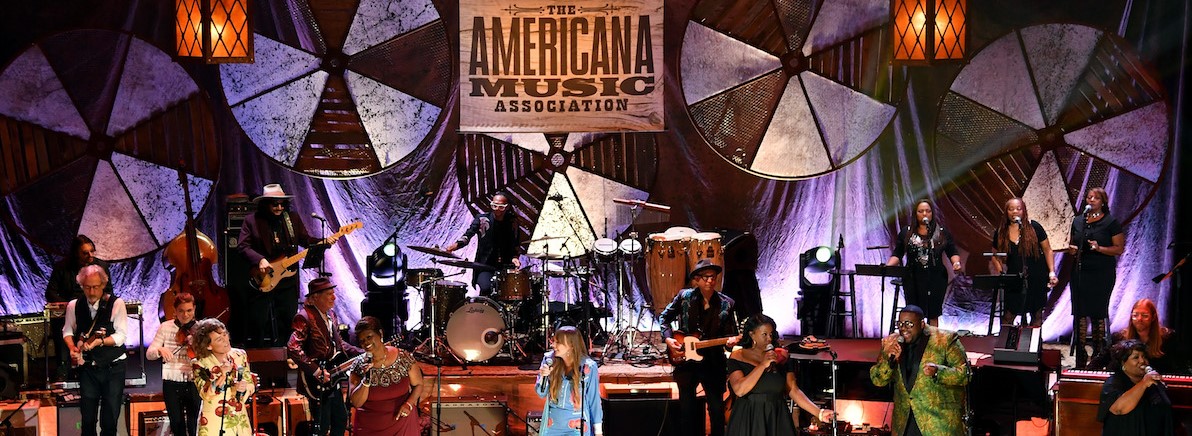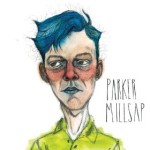Oklahoma singer-songwriter Parker Millsap put together a very good debut with 2012’s Palisade. His self-titled sophomore effort, released earlier this year, is even better, demonstrating the kind of growth and perspective good songwriters acquire as they mature. It’s a little scary to think about where Millsap might be in a few years, given that he is now all of 21 years old.
For someone barely old enough to buy a legal drink, Millsap already possesses a phenomenal grasp of the art and craft of songwriting. Consider the album’s fourth track, “The Villain.” In its three verses (there’s no bridge), each constructed around a different theme, Millsap sings a gentle but profound apology and goodbye to a lover. “I don’t wanna be the missing piece of track anymore,” he sings in the final verse. “I don’t wanna be the guy/that straps you to a railroad tie/and listens for the rumble and the roar/I don’t wanna be/the villain in your dreams anymore.” The imagery is straight out of an old silent melodrama, but the emotional impact is immediate and intense.
Some of the album’s other songs – “Forgive Me,” “When I Leave,” “Yosemite” – work this quieter vein as well. But Millsap is equally good at letting it rip. His fuzzy electric guitar fuels “Truck Stop Gospel,” which seems to poke fun at evangelical Christianity – or does it? “I’m Paul the apostle preachin’ truck stop gospel/I’m not angry, no I’m not hostile,” Millsap sings, later adding, “Just wanna modify your behavior/I just want you to love my savior.” Sincerity or satire? You could argue it either way.
Some songs are better than others, but there isn’t a bad one in this collection. “Disappear” tells a sweet story of a young couple moving on to a fresh start (“Leave behind the things that never stood a chance/Like your mother’s good china and all our original plans”), while “Quite Contrary” and “At the Bar (Emerald City Blues)” relocate familiar characters (from nursery rhymes and Oz, respectively) to unexpected settings. The album’s closer, “Land of the Red Man,” is a joyous, resonator- and fiddle-soaked rave-up that takes some good-natured swipes at both Millsap’s native state and its rival to the south. “Maybe Oklahoma’s hotter than hell,” he wails, “but it’s better than Texas.”
Millsap’s performing style is compelling as well. His raspy voice, which makes him sound older than his years, is well suited to the stories and observations in his songs. For some listeners, the occasional yelps and yodels that punctuate his lyrics may take a little getting used to, but there’s no denying the absolute conviction with which he delivers everything from quiet ballads to all-out rockers.
Millsap is also a fine guitarist and harmonica player, and he has some excellent people helping him out here, starting with his touring band, fiddler Daniel Foulks and bassist Michael Rose (who also plays bowed saw). A couple of guys borrowed from fellow Oklahoman John Fullbright’s band make notable contributions – David Leach on trombone (he plays bass for Fullbright) and drummer Giovanni Carnuccio III on a few tracks (Millsap handles drums on the rest). Millsap and producer Wes Sharon also make effective use of a couple of other horn players, Eric Walschap on baritone sax and Marcus Spitz on trumpet.
Millsap was recently named one of five nominees for the Americana Music Association’s Emerging Act of the Year award. One listen to Parker Millsap will tell you why.
Follow Sun209 on Twitter at @Sun209com.

